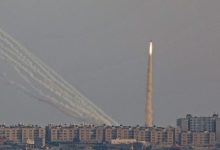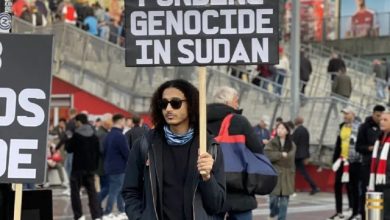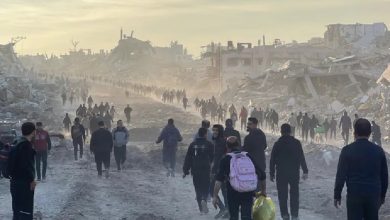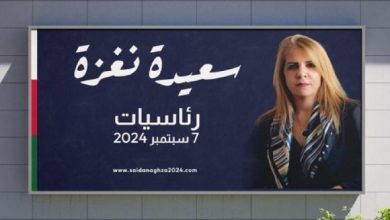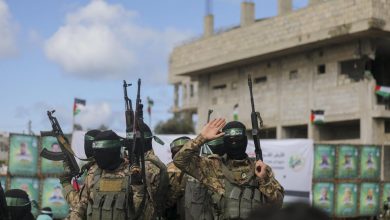Navigating Gulf Tensions: Diplomatic Maneuvers Amidst Regional Uncertainty
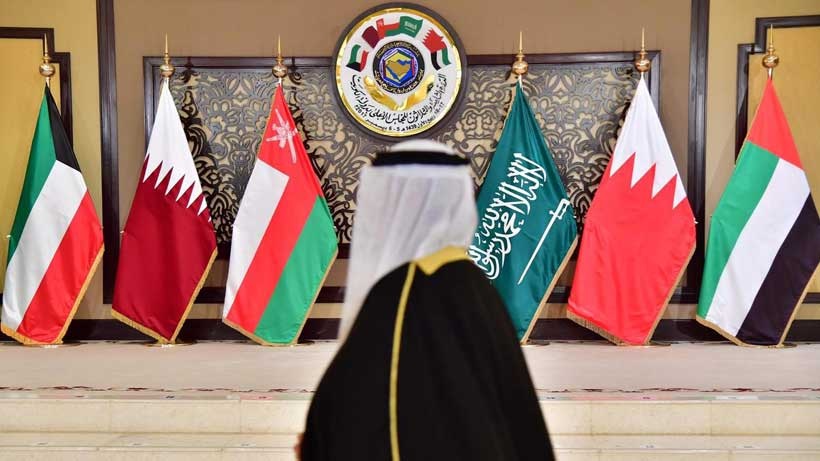
Watan-The French newspaper “Le Figaro” stated that tensions in the region have prompted Gulf countries (Saudi Arabia, the UAE, and Qatar) to intensify communications with other nations to prevent a potential regional conflagration that could seriously disrupt their projects.
Gulf countries fear tensions between Iran and Israel
The newspaper mentioned that even before the alleged Israeli response on Thursday night, leaders of the Arab oil-rich states had intensified their diplomatic contacts since Iran launched its unprecedented attack on Israel.
The Crown Prince of the UAE, Mohammed bin Zayed Al Nahyan, held talks with the Emir of Qatar, the King of Jordan, and the King of Bahrain on the day following Iran’s response, on April 14.
Meanwhile, the Saudi Crown Prince, Mohammed bin Salman, held talks with Iraqi Prime Minister Mohammed Shia’ al-Sudani.
It’s evident that these discussions aim to ease tensions in the region and steer clear of potential involvement in the conflict.
The outbreak of a fire in the Middle East could threaten their economic interests and internal stability.
تلقى حضرة صاحب السمو الشيخ تميم بن حمد آل ثاني أمير البلاد المفدى، اليوم، اتصالا هاتفيا من أخيه صاحب السمو الشيخ محمد بن زايد آل نهيان رئيس دولة الإمارات العربية المتحدة الشقيقة.
تم خلال الاتصال استعراض العلاقات الأخوية بين البلدين وسبل دعمها وتعزيزها، إضافة إلى بحث تطورات… pic.twitter.com/BFJW3NWxpq
— الراية القطرية (@alraya_n) April 14, 2024
The newspaper quoted Jean-Paul Guin, a researcher at the International Institute for Strategic Studies, stating that the biggest fear of the region’s countries is the instability resulting from a conflict within or on their territories, where demographic factors play a significant role.
Some countries heavily rely on foreign labor, and in some cases, the indigenous population does not exceed 10%. This is a significant vulnerability, even if limited, as Bangladeshi or Pakistani workers may not have the means to flee. Therefore, labor migration will inevitably disrupt business activities.
The newspaper also pointed out Andreas Krieg, a Middle East affairs specialist at King’s College London, affirming that conflicts are primarily bad for business, and avoiding them now is an absolute priority. Guin added, “The destructive disruption of their exports is the main fear.”
The most feared by the countries of the region
Gulf countries, relying on their energy revenues, actually depend on maritime routes to export their oil and gas production. The blockage of the Strait of Hormuz, controlled by Tehran, through which 30% of global demand for black gold and a third of gas passes, or the closure of the Bab el-Mandeb Strait in the Red Sea, would be catastrophic.
Even a minor blockade would lead to oil price hikes, encouraging consumer countries to seek faster liberation, something oil kingdoms do not want.
The specialist adds that maritime tensions are likely to increase further, while the aggressive actions of the Houthi rebels against ships close to Israel have repercussions on trade flow in this part of the world, passing through the Suez Canal.
بحث ولي العهد السعودي الأمير محمد بن سلمان، الأحد، مع رئيس الوزراء العراقي محمد شياع السوداني، أعمال التصعيد العسكري الأخير في المنطقة، وخطورة انعكاساته على الأمن والاستقرار#الشرق #الشرق_للأخبار pic.twitter.com/lrN6YJRhLh
— Asharq News الشرق للأخبار (@AsharqNews) April 14, 2024
Qatar’s “Vision 2030” strategy
The newspaper also stated that Qatar also possesses a “Vision 2030” strategy, aiming for a non-hydrocarbon annual growth rate of 4% by the end of the decade. This includes reforms in the labor market to develop human capital (more than 46% of the working population will be specialized by 2030) and attract talents and foreign investments, as Qatar’s economy also relies on tourism, aiming to attract six million tourists by the end of the decade.
It said any deterioration in the situation would inevitably restrain these major projects and undermine the confidence of international investors.
On Friday morning, after the announcement of an Israeli response, whose form remains uncertain, the main Asian stock markets opened in the red zone.
Elsewhere, in Europe and the United States, the trend was also downward.
However, at present, markets are easing their reactions and do not feel excessive concern about the situation. Brent crude oil prices rose by 3% on Friday morning but quickly stabilized after statements by Iranian officials in government media downplayed the importance of the attacks.
Sebastian Hannin, a director at Eleanor Capital living in the region for ten years, said, “We’ve been on a powder keg for 70 years.”
The newspaper concluded its article by stating that what is happening is still entirely clear and does not cause concern among the investment community. In Dubai, things are going on as usual, as confirmed by Marcelo San Severino, a real estate agent working in the city’s surplus since 2020, who said, “Tourists only ask me if we are safe, and I tell them yes, life goes on, and what worries us at the moment is the floods.”

